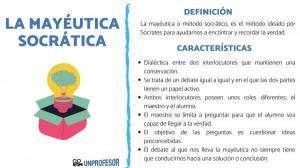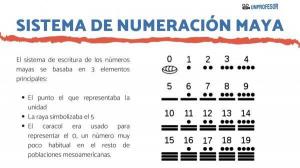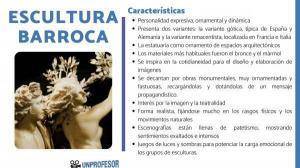Erasmus of Rotterdam and Humanism
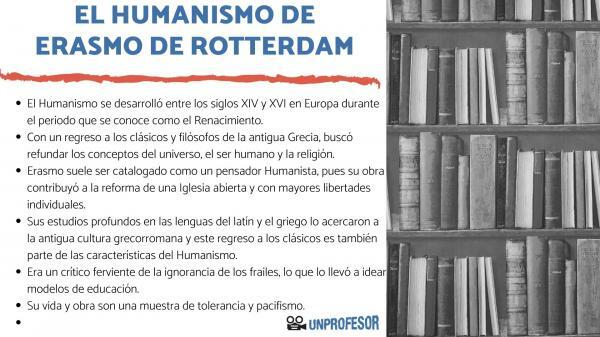
In the 14th century Europe Humanism emerged and, with it, one of the most relevant philosophers of that historical period: Desiderius Erasmus van Rotterdam, better known as Erasmus of Rotterdam. With the opening of universities and other educational spaces, various thinkers sought God's justification from human reason. Rather than being a departure from the divine, Humanism sought to put the human being at the center to, from there, have a justification of religion.
In this lesson from a teacher we will delve into the philosophy of Erasmus of Rotterdam and Humanism, we will identify the relationship they have and their main points.
Index
- Who was Erasmus of Rotterdam?
- What is humanism?
- What was Erasmus of Rotterdam's contribution to Humanism?
Who was Erasmus of Rotterdam?
Although the date of his birth is not known with certainty, it is said that it was in 1466 that he came to the world and that he died in 1536. He was trained in religious profession and later ordained as a priest
. In a complementary way and, since he never worked within the church, he studied theology with a scholarship at the University of Paris.Erasmus of Rotterdam has been classified as philosopher, theologian and philologist for his extensive knowledge of him in Latin and Greek. He even wrote the Latin and Greek editions of the New Testament. It is worth noting that it was formed in a context of religious changes with the Protestant Reformation and the Counter-Reformation. Although he was not part of them, his influence as critical of abuses within the church and his humanistic thought they were reflected in these religious transformations.
With a free and independent spirit he shared his studies with characters like John Colet on a trip he made to England, he also established a close friendship with Thomas More, author of the famous book Utopia.
Most important works of Erasmus of Rotterdam
It is curious to note that the works of Erasmus of Rotterdamthey were censored by the Council of Trent, as well as denounced by various personalities of Protestantism. Nonetheless, his texts have been of great influence, among them we find:
- Adagios (1500): a set of 690 sayings and morals from ancient Greece and Rome.
- Praise of madness (1511): a satire of the formalisms of the Middle Ages that reflects on the place of madness and ignorance in the happiness of human beings.
Let's now go on to see what humanism consisted of in order, finally, to be able to identify the role that Erasmus had in this current of thought.
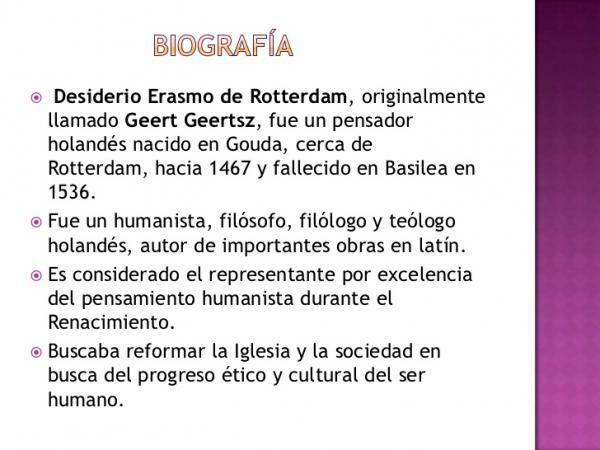
Image: Slideshare
What is humanism?
Humanism developed between the 14th and 16th centuries in Europe during the period known as the Renaissance. With a return to the classics and philosophers of ancient Greece, he sought to refound the concepts of the universe, the human being, and religion.
In this way, with a twist of thought, Humanism centered their questions and approaches in the human being and the reason. It is said that this movement was a bridge between the Middle Ages (with a devout philosophy, with an omnipresent God at the center of the universe) to the Modern Age (with an openness to science, research, as well as a more open and self-centered religion and theology human).
Main characteristics of Humanism
In line with what was said in the previous section, we could highlight how the main characteristics of Humanism the following:
- Anthropocentrism: considers the human being as the center of the universe.
- Prevalence of reason over faith: Although it is believed in God and in religion, it seeks to sustain theological approaches from human reasoning.
- Back to the classics: figures of Greek thought such as Plato and Aristotle are taken up.
- Importance of education: It seeks to put aside the ignorance of the people in search of collective freedom.
What was Erasmus of Rotterdam's contribution to Humanism?
Since we know who Erasmus of Rotterdam was and what Humanism consisted of, let's see the relationship they have.
Well, because of his progressive ideas, Erasmus is usually listed as a Humanist thinker, since his work contributed to the reform of an open Church and with greater individual freedoms. Additionally, deep studies of him in the Latin and Greek languages brought him closer to the ancient Greco-Roman culture, a fact that permeated his conception of the world. As we saw in the previous section, this return to the classics is also part of the characteristics of Humanism.
Although we had not mentioned it before, he was a fervent critic of the ignorance of the friars, which led him to devise models of education and pedagogical values that should be part of the society of their time.
Finally, his life and work are a sample of tolerance and pacifismThis led him to travel and have a restless spirit. These points have positioned him as one of the main references of humanist philosophy.
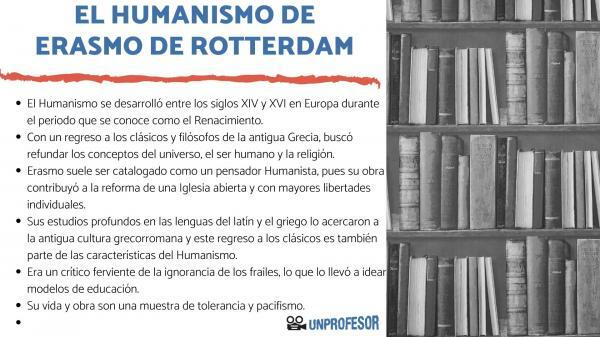
If you want to read more articles similar to Erasmus of Rotterdam and Humanism, we recommend that you enter our category of Philosophy.
Bibliography
- Cordua, C. (2011). Humanism.
- Salvador, P. (2010). Erasmus of Rotterdam: Humanist Education and Nature.
- Zweig, S. (s.f.). Erasmus of Rotterdam Triumph and Tragedy.

